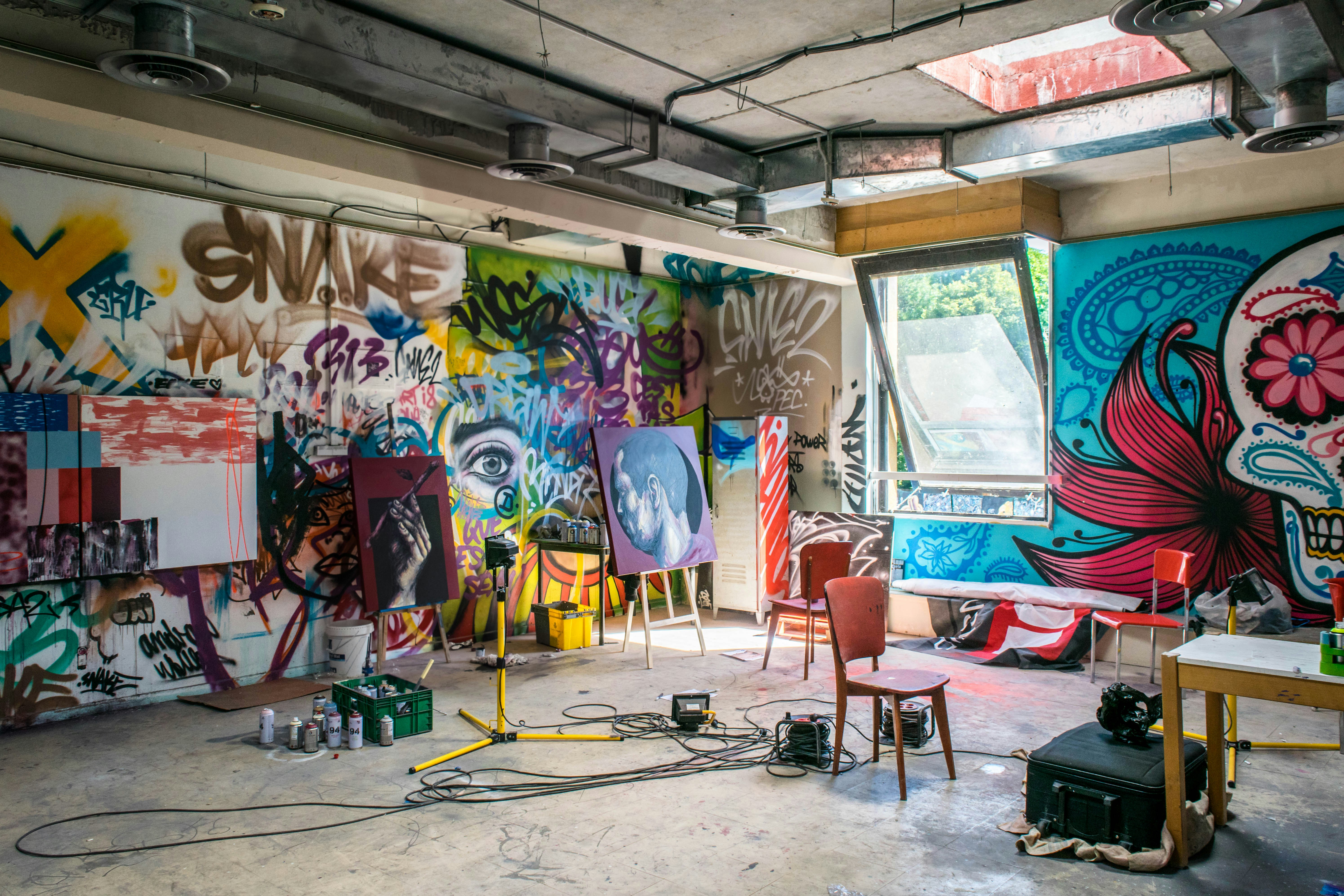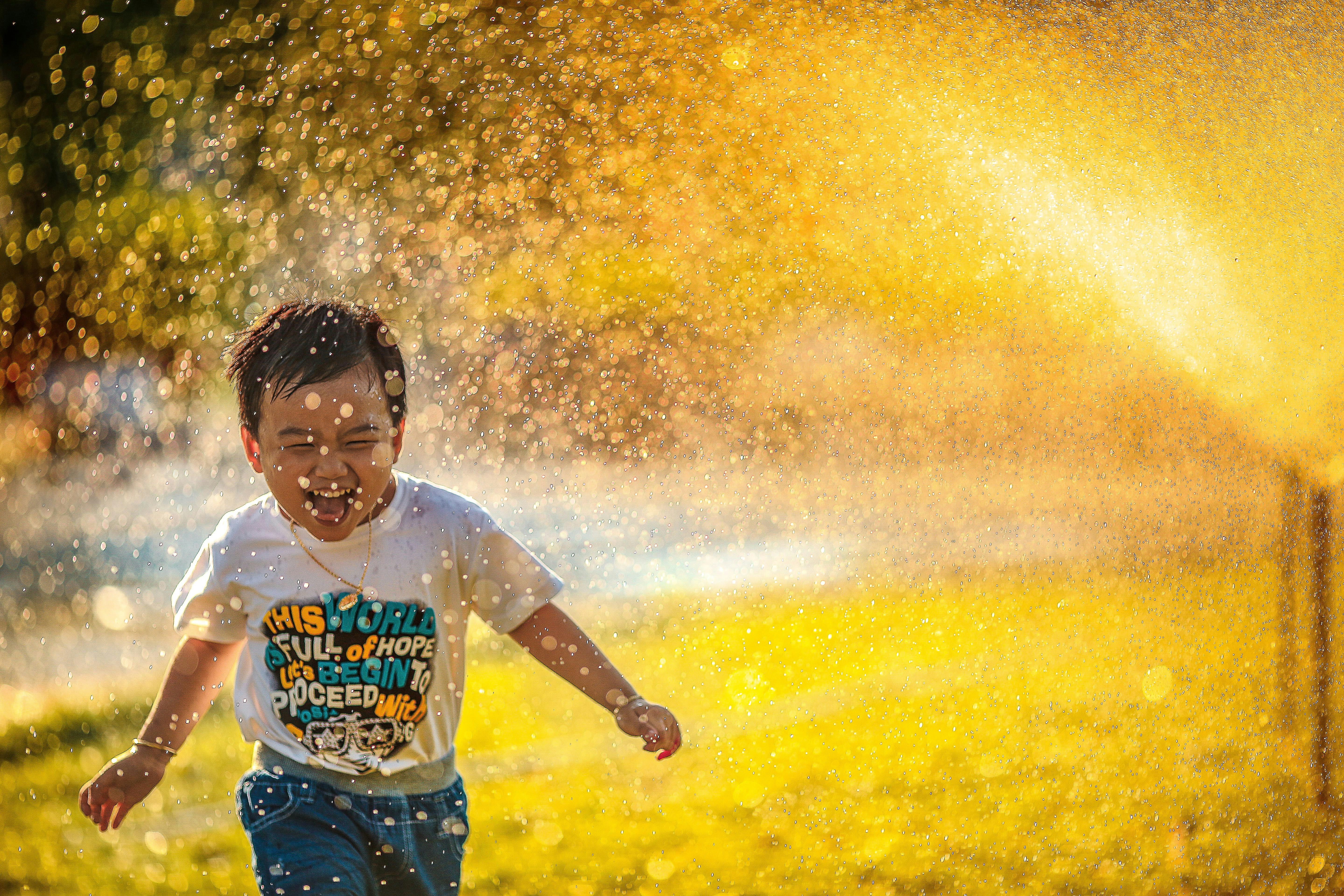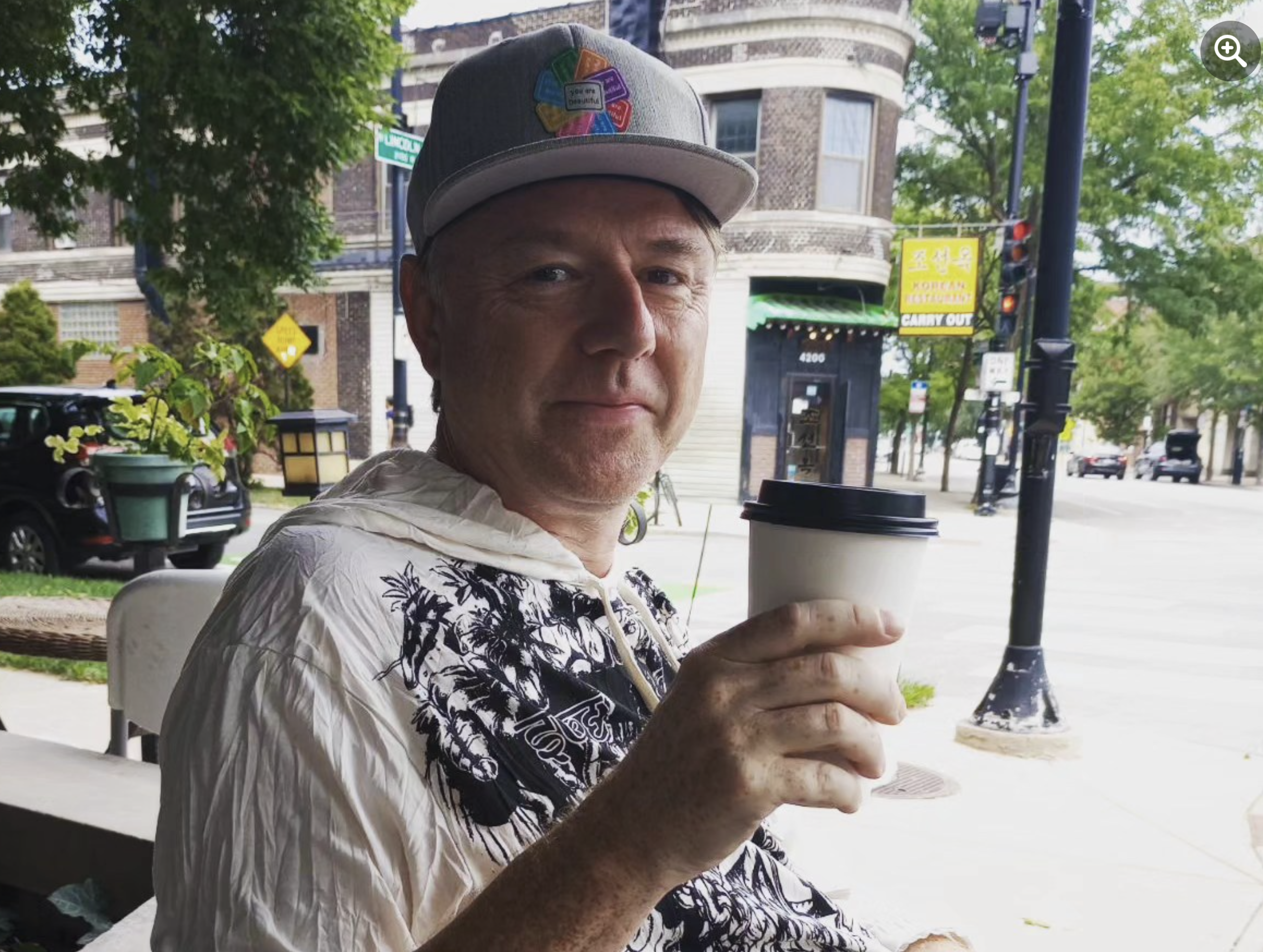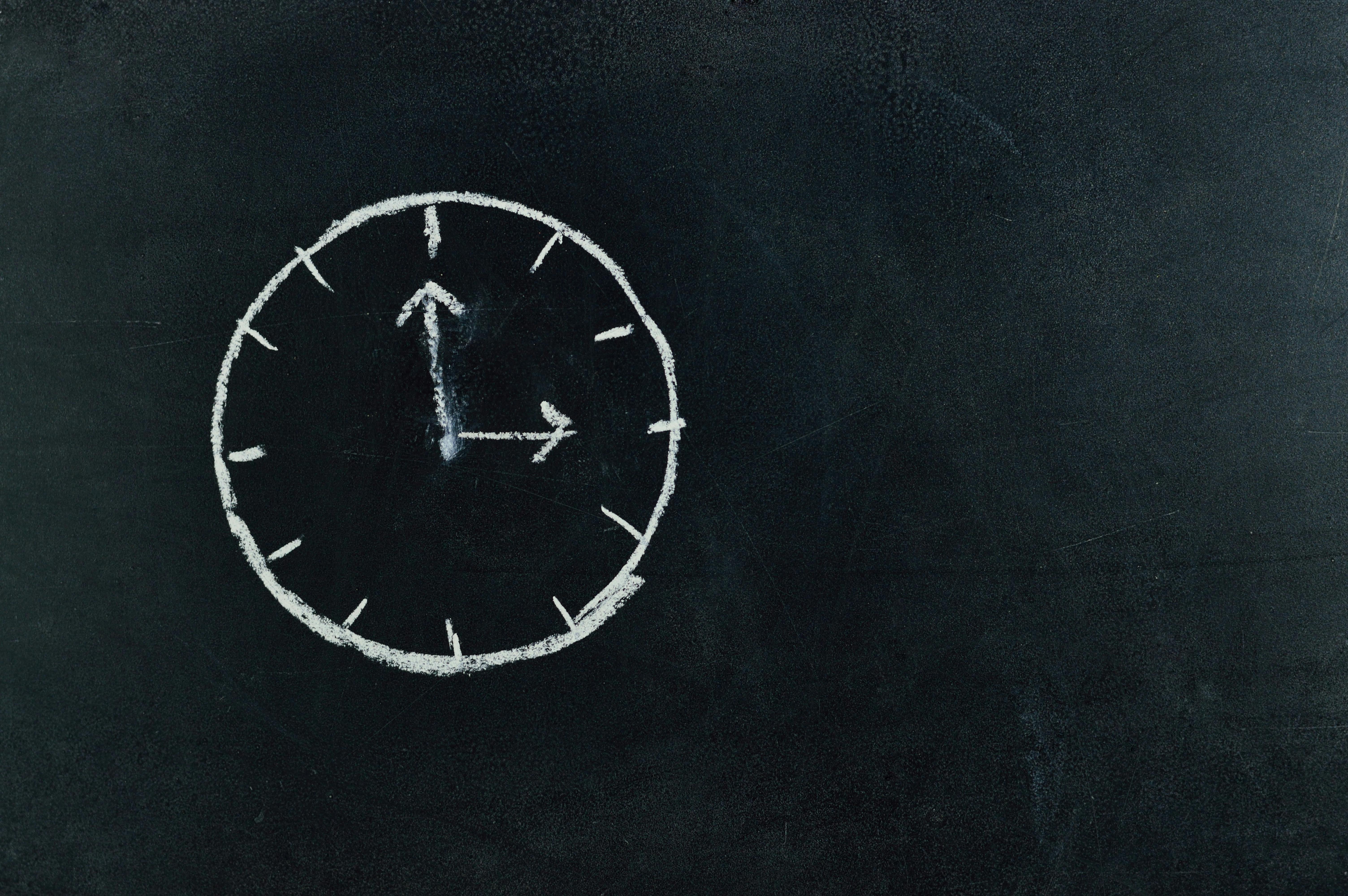· Coaching · 4 min read
5 Everyday Ways to Become More Creative
Discover how everyday habits and routines, rather than grand gestures, can unlock your true creative potential.
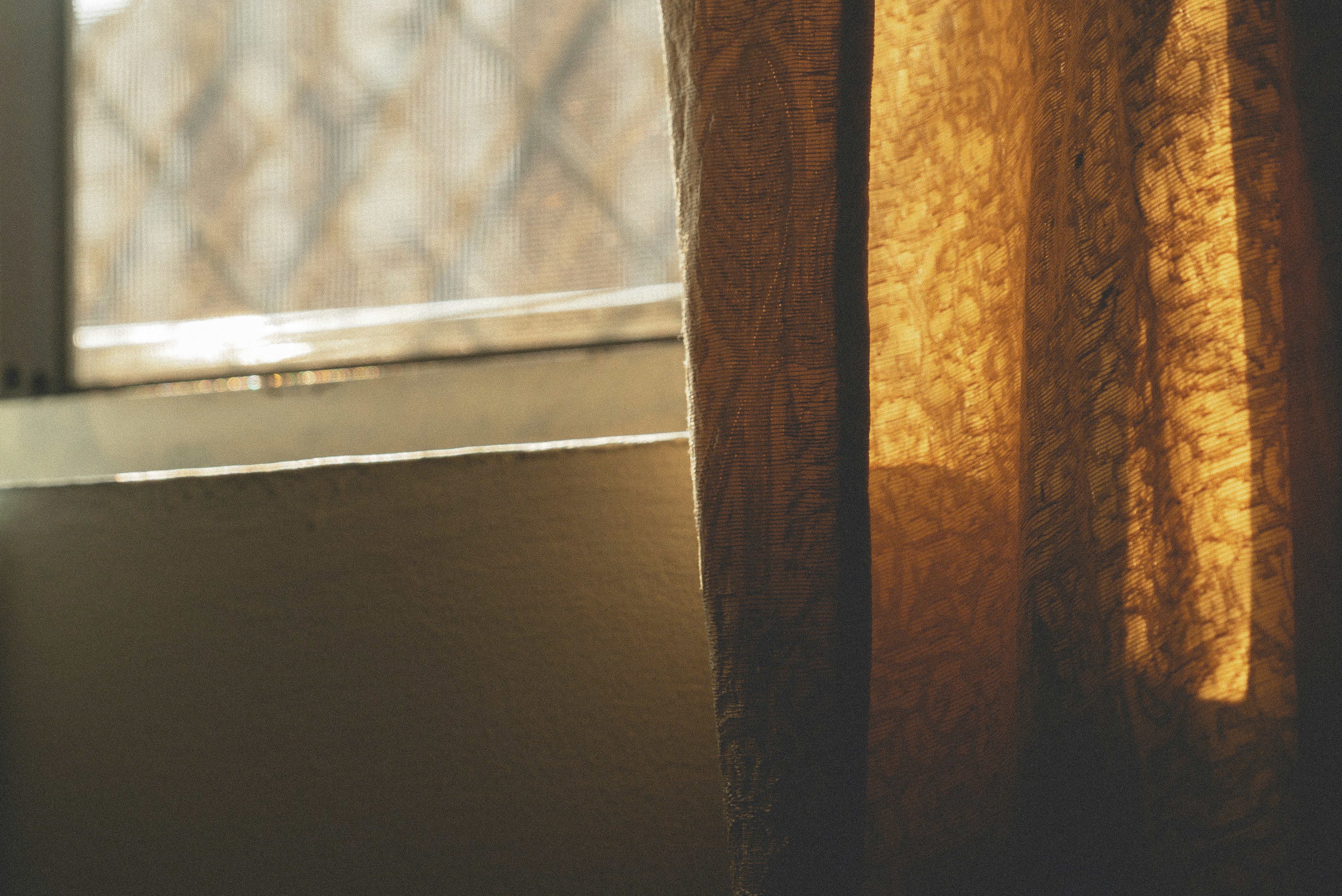
5 Everyday Ways to Become More Creative
When you hear stories about the great creatives—iconic artists, legendary inventors, and genius writers—it’s easy to imagine that they were born with an otherworldly spark. We’ve all heard about their eccentric habits or sudden moments of insight that changed everything. It’s tempting to think that true creativity is out of reach for us regular folks.
But I’m here to tell you a different story. Real creativity isn’t reserved for rare, dramatic moments. It’s built day by day through everyday effort, consistency, and the willingness to show up—even when the spark seems miles away.
I’ve seen this firsthand. When I’m stuck, it’s not some grand revelation that gets me back on track—it’s the common, often mundane habits that make all the difference. Here’s what I’ve learned about becoming more creative, the everyday way.
1. Show Up and Do the Work
I’ve had days where I felt completely uninspired—where every word I wrote or idea I had felt flat. But if there’s one thing I’ve learned, it’s that creativity isn’t about waiting for the right moment. It’s about doing the work anyway.
Charles Darwin didn’t have one sudden flash of insight; he spent years observing, thinking, and writing before his theory of evolution took shape. The Beatles became legends because they performed night after night, learning and refining through sheer repetition. Their creativity emerged through the grind.
If you want to create, you have to put in the time. Show up. Get your hands dirty. The inspiration will follow.
2. Find Meaning in the Everyday
For a long time, I thought creativity needed a “perfect” environment—somewhere remote, exciting, and free of mundane obligations. But that’s a myth. Many of history’s creative greats honed their skills in what we’d consider ordinary lives.
Ernest Hemingway sharpened his writing skills as a journalist. Andy Warhol experimented with design during his day job. I’ve found some of my best ideas came while juggling everyday responsibilities or working through “normal” tasks.
Don’t dismiss the power of the everyday. Use it. Let your daily grind become a canvas where you can experiment, learn, and grow.
3. Make Space for Stillness
I get it. We live in a world of constant noise—texts, emails, endless scrolling. It’s easier to stay distracted than to face a blank page or a half-formed idea. But I’ve learned that creativity thrives in stillness. When I put away my phone and sit with a challenging problem, something shifts.
The stillness feels uncomfortable at first. I want to distract myself. But when I resist that urge, ideas start to emerge—small connections, new angles. Creating space for stillness gives creativity room to breathe.
4. Learn and Adapt
There’s a myth that true creativity is entirely original, born out of thin air. But every great creator I’ve studied—whether in art, business, or science—learned from those who came before them. They immersed themselves in their field, experimented, and eventually made it their own.
Steve Jobs didn’t invent the personal computer or smartphone—he refined existing ideas until they were revolutionary. When I hit a creative block, I go back to the basics: I study, I emulate, and then I twist it into something uniquely mine.
Learn from the greats. Build on what inspires you. And don’t be afraid to make it personal.
5. See the Potential Others Miss
Not every idea starts out looking brilliant. Some of my best breakthroughs began as half-formed, laughable thoughts. But I’ve found that creativity often involves seeing value where others don’t. It’s about taking what’s overlooked and reshaping it.
Think of indie punk turning into mainstream grunge or personal computers evolving from niche gadgets to everyday essentials. Creativity is about spotting those moments—those “low-value” ideas—and turning them into something that makes people take notice.
The Everyday Path to Creativity
If you’ve been waiting for the perfect moment to create, stop waiting. Creativity is built on common, everyday actions. It’s about showing up, learning from what’s around you, and making space to explore. The work may feel routine, but it’s where the magic really happens.
If you’re ready to unlock your creativity, start small. Use what’s already within reach. And remember, even the most ordinary moments can lead to extraordinary results.
